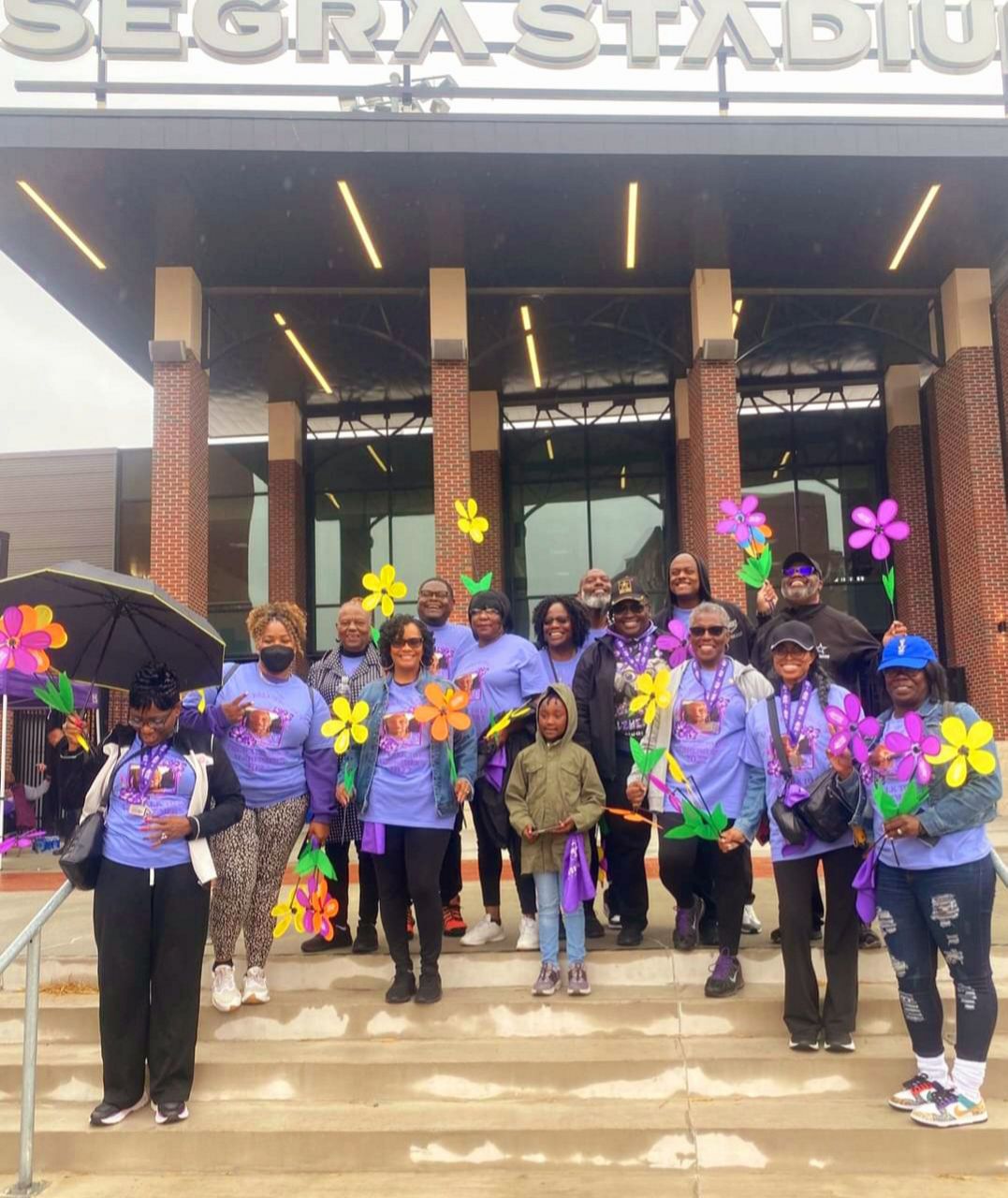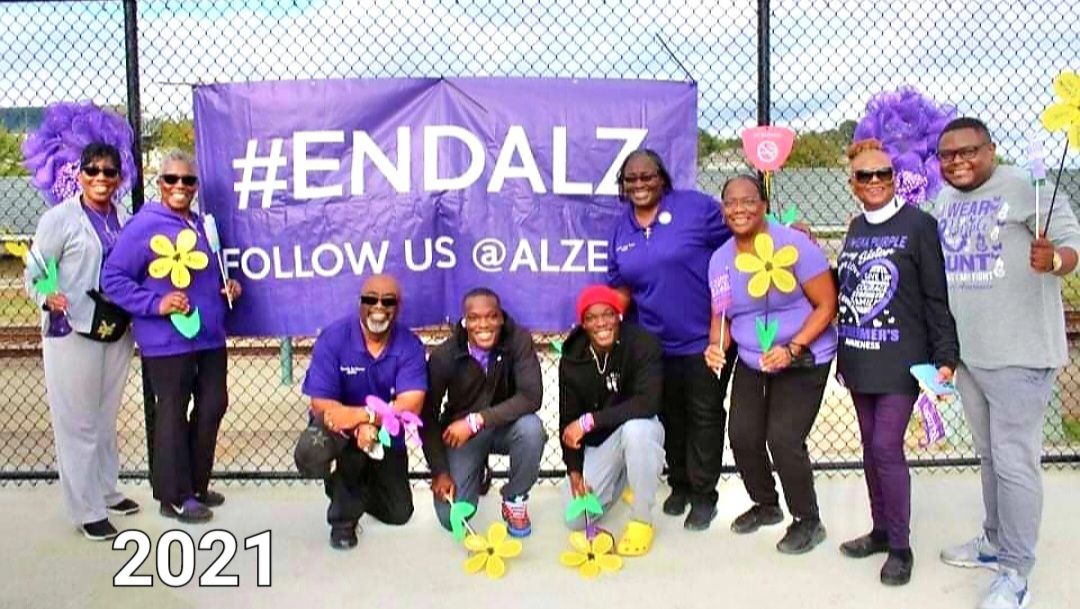RALEIGH, N.C. — If you’re hoping to get the new Alzheimer’s treatment for a loved one, there’s a chance insurance won’t cover it.
Some private insurers in several states, including North Carolina, said that’s because the drug, Leqembi, is still seen as experimental.
This comes even after the Food and Drug Administration granted approval of the drug. In contrast, Medicare announced it will cover the cost of the drug for most patients.
Brenda Sutton, a family caregiver who’s caring for her mother with Alzheimer’s, said while the drug won’t help her mom, she’s hoping it can help other families.
"It’s hard, it’s a really hard thing. I’m grateful for this drug that they have, and I hope it will be able to help somebody. It won’t be able to help my mom, but I hope it will be able to help somebody,” Sutton said.
The new FDA approved treatment could slow the progression of the disease when it’s taken in the early stages of Alzheimer’s, according to research. The hope is it could give more people time to participate in daily life and recognize their family members.
Sutton said her mother, Louise Bell, is in the late stages of the disease. She was diagnosed in 2016 and is now bed ridden.
“Lots of nights I sit in here and I’m watching her sleep and I wonder when I was a baby is this what you did while I was sleeping,” Sutton said. “Did you just sit and watch me breathing? And, I just get teary eyed. I love my mom because she was a really good mother.”
Sutton said one of the hardest things to overcome is her mom’s memory loss.
“I wish that the new drug that they have, that it would be able to help someone like her, you know, to get some memory back or whatever, but I know that that’s not possible; and so I know that’s not possible. I just try to do the best that I can,” Sutton said.

To get through the challenges of caring for Lou, Sutton said it takes a village. She and her family all chip in to help their mother get the best care she needs. They also lean on one another to get through the worries and sleepless nights. Sutton said mentally, it can be stressful.
One of the family members even makes them a schedule ahead of time, which is done in two month increments because everybody is busy.
“We have learned too, if one of us needs a break, we have learned to be graceful and offer that grace so that person can take their break,” Sutton said.
Bell’s family said while this treatment won’t help her, it would mean a lot to be able to get time back and share experiences with her.
Sutton said if you are sharing a similar experience to her family it helps to be patient, loving and kind to your loved one you’re caring for that has Alzheimer’s.
The Alzheimer’s Association said 180,000 of the nearly 7 million Americans age 65 and older living with dementia are here in our state.
The new treatment has not yet been tested in people with more advanced dementia or Alzheimer’s disease. The association said one shortcoming they continue to see is the lack of diverse representation in Alzheimer’s clinical trials. The goal is to make sure treatment is effective for everyone.




